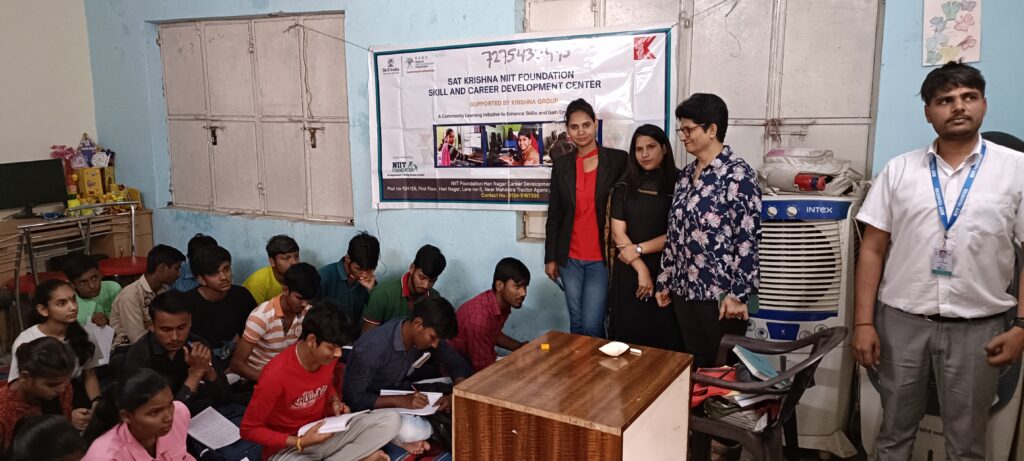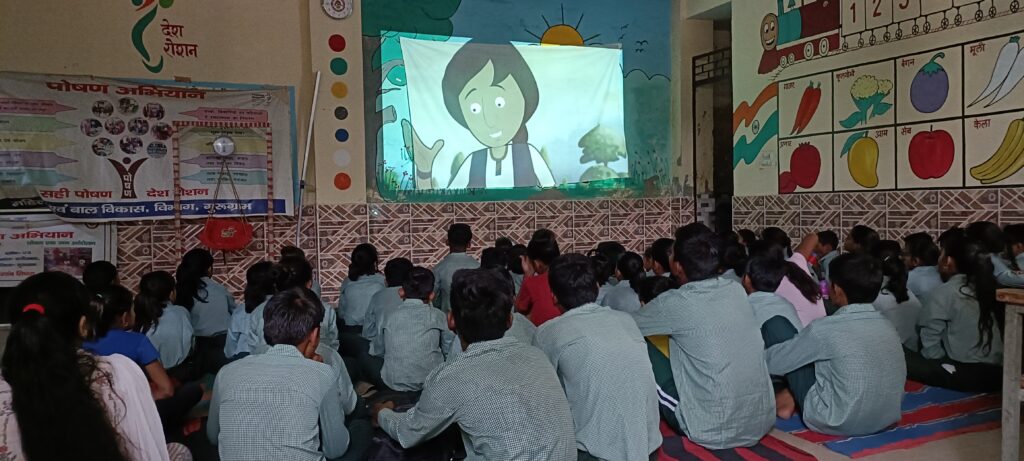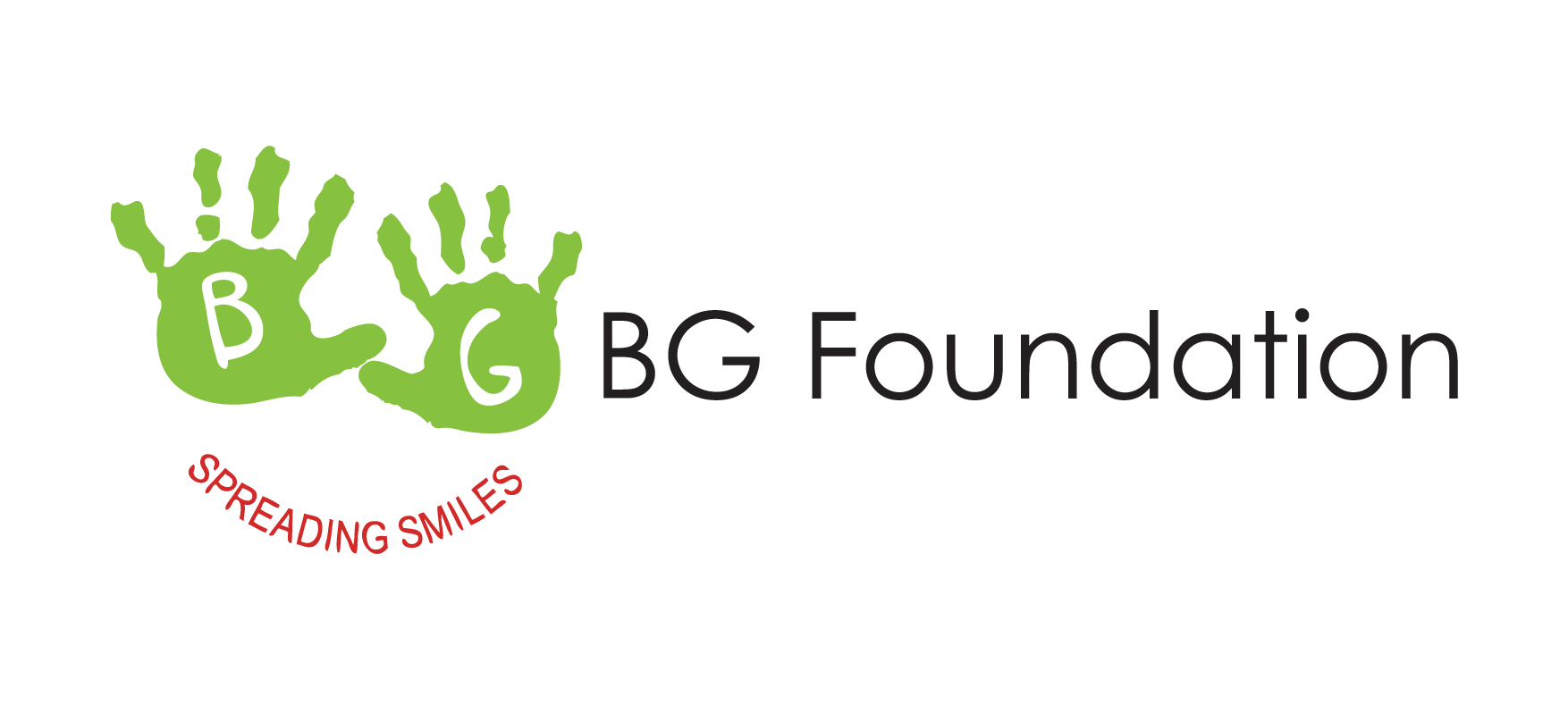Unlocking Potential: The Power of Youth Empowerment Programs
Introduction to Youth Empowerment Programs

Youth empowerment programs are initiatives designed to provide young people with the tools, resources, and support they need to become active and engaged members of society.
These programs aim to empower young individuals by fostering their personal and social development, enhancing their skills and abilities, and promoting their participation in decision-making processes.
The ultimate goal of youth empowerment programs is to enable young people to realize their full potential and make positive contributions to their communities.
Empowering young people is crucial for several reasons. First, young people are the future leaders, innovators, and change-makers of society.
By investing in their development and providing them with opportunities for growth, we are investing in the future of our communities and our world. Second, empowering young people helps to address the challenges they face, such as unemployment, poverty, and social exclusion.
By equipping them with the necessary skills and resources, we can help them overcome these challenges and create a better future for themselves and their communities.
Benefits of Youth Empowerment Programs for Young People
Youth empowerment programs offer numerous benefits for young individuals. One of the most significant benefits is improved self-esteem and confidence.
Through these programs, young people are encouraged to explore their strengths, talents, and interests, which helps them develop a positive self-image and belief in their abilities.
This increased self-esteem and confidence not only benefits them personally but also enables them to take on new challenges and pursue their goals with determination.
Another important benefit of youth empowerment programs is the development of critical thinking and problem-solving skills. These programs provide young people with opportunities to engage in activities that require them to think critically, analyse information, and come up with creative solutions.
By honing these skills, young individuals become better equipped to navigate the complexities of life and make informed decisions.
Youth empowerment programs also help foster a sense of responsibility and accountability in young people.
Through these programs, young individuals are encouraged to take ownership of their actions and choices, as well as the impact they have on others and their communities.
This sense of responsibility and accountability not only helps them become more responsible citizens but also prepares them for the challenges and responsibilities they will face in adulthood.
Furthermore, youth empowerment programs enhance communication and interpersonal skills. These programs provide young individuals with opportunities to interact with their peers, mentors, and community members, which helps them develop effective communication skills, such as active listening, empathy, and assertiveness.
These skills are essential for building positive relationships, resolving conflicts, and collaborating with others.
How Youth Empowerment Programs Can Help Build Stronger Communities

Youth empowerment programs play a crucial role in building stronger communities. One way they do this is by promoting youth engagement in community development.
These programs encourage young people to actively participate in community projects, initiatives, and decision-making processes.
By involving young individuals in community development, we not only benefit from their fresh perspectives and innovative ideas but also instill in them a sense of ownership and responsibility for their communities.
Youth empowerment programs also contribute to increased civic participation and social responsibility.
Through these programs, young individuals learn about their rights and responsibilities as citizens, as well as the importance of active engagement in the democratic process.
By empowering young people to participate in civic activities, such as voting, volunteering, and advocating for social change, we create a more inclusive and democratic society.
Moreover, youth empowerment programs help improve community relations and social cohesion. By bringing together young people from diverse backgrounds and providing them with opportunities to collaborate and work towards common goals, these programs foster understanding, respect, and unity among community members.
This increased social cohesion not only strengthens the fabric of communities but also helps address social issues and promote social justice.
The Role of Mentors in Youth Empowerment Programs
Mentorship plays a crucial role in youth empowerment programs. Mentors serve as role models, guides, and sources of support for young individuals, helping them navigate the challenges they face and achieve their goals.
Effective mentors possess certain qualities that make them effective in their role. These qualities include empathy, patience, good listening skills, and the ability to provide constructive feedback and guidance.
Mentorship benefits both mentors and mentees. For mentors, it provides an opportunity to give back to their communities and make a positive impact on young people’s lives. Mentors also gain personal satisfaction from seeing their mentees grow and succeed.
For mentees, mentorship provides them with a trusted adult who can offer guidance, support, and encouragement. Mentees also benefit from the knowledge, skills, and experiences that mentors share with them.
Examples of Successful Youth Empowerment Programs Around the World
There are numerous successful youth empowerment programs around the world that have made a significant impact on young individuals and their communities.
One such program is YouthBuild International.
YouthBuild International provides disadvantaged young people with education, job training, and leadership development opportunities.
Through this program, young individuals gain the skills and confidence they need to secure employment and become active participants in their communities.
Another successful youth empowerment program is Global Kids.
Global Kids empowers young people to become global leaders and advocates for social change. Through this program, young individuals learn about global issues, develop leadership skills, and engage in advocacy and activism activities.
Global Kids has helped thousands of young people become informed global citizens who are committed to making a positive difference in the world.
The Youth Empowerment Project is another example of a successful youth empowerment program.
This program provides at-risk youth in New Orleans with education, job training, mentoring, and support services.
The Youth Empowerment Project has helped hundreds of young individuals overcome challenges such as poverty, violence, and educational barriers, enabling them to build better futures for themselves and their communities.
The Duke of Edinburgh’s International Award is a globally recognized youth empowerment program that operates in over 130 countries.
This program encourages young individuals to challenge themselves, develop new skills, and engage in community service.
Through the Duke of Edinburgh’s International Award, young people gain valuable experiences and life skills that help them become well-rounded individuals and active members of society.
The Young Women’s Leadership School is another successful youth empowerment program that focuses on empowering young women to become leaders in their communities.
This program provides young women with a rigorous academic curriculum, leadership development opportunities, and mentorship support.
The Young Women’s Leadership School has helped countless young women overcome barriers and achieve academic success, as well as develop the skills and confidence they need to become leaders in their chosen fields.
The Impact of Youth Empowerment Programs on Academic Achievement

Youth empowerment programs have a significant impact on academic achievement.
One of the ways these programs contribute to improved academic performance is by providing young individuals with the support and resources they need to succeed academically.
Many youth empowerment programs offer tutoring, mentoring, and academic enrichment activities that help young people develop study skills, time management strategies, and a love for learning.
Furthermore, youth empowerment programs increase motivation and engagement in learning.
By providing young individuals with opportunities to explore their interests, pursue their passions, and set goals for themselves, these programs help them develop a sense of purpose and motivation to succeed academically.
Youth empowerment programs also foster a positive learning environment where young people feel supported, valued, and encouraged to take risks and challenge themselves academically.
In addition, youth empowerment programs help develop study skills and time management. These programs teach young individuals how to effectively manage their time, set priorities, and organize their work.
By developing these skills, young people become better equipped to handle the demands of school and achieve academic success.
The Importance of Cultivating Leadership Skills in Young People
Cultivating leadership skills in young people is crucial for their personal and professional development. Leadership skills refer to a set of abilities that enable individuals to guide, inspire, and influence others toward a common goal.
These skills are essential for success in various areas of life, including education, career, and community engagement.
Leadership skills are important for personal development because they help young individuals become self-aware, confident, and resilient.
By developing leadership skills, young people learn to take responsibility for their actions, make informed decisions, and overcome challenges. These skills also help them develop a sense of purpose and direction in life, as well as the ability to set and achieve goals.
In the professional realm, leadership skills are highly valued by employers. Employers look for individuals who can take initiative, think critically, communicate effectively, and work well with others.
By cultivating leadership skills, young people increase their employability and enhance their career prospects.
There are several ways to develop leadership skills in young people. One way is through participation in youth empowerment programs that offer leadership development opportunities.
These programs provide young individuals with training, workshops, and hands-on experiences that help them develop leadership skills such as communication, teamwork, problem-solving, and decision-making.
Another way to develop leadership skills is through involvement in extracurricular activities such as student government, clubs, sports teams, and community service organizations. These activities provide young individuals with opportunities to take on leadership roles, collaborate with others, and develop their abilities to lead and inspire.
How Youth Empowerment Programs Can Help Address Social Issues
Youth empowerment programs play a crucial role in addressing social issues. One way these programs contribute to addressing social issues is through youth-led initiatives.
Many youth empowerment programs encourage young individuals to identify social issues that affect their communities and develop projects or campaigns to address these issues. By empowering young people to take action and make a difference, these programs help create positive change in their communities.
Youth empowerment programs also contribute to increased awareness and understanding of social issues.
Through these programs, young individuals learn about the root causes and consequences of social issues such as poverty, inequality, discrimination, and environmental degradation. This knowledge helps them develop empathy, compassion, and a sense of social responsibility.
Furthermore, youth empowerment programs help young people develop advocacy and activism skills.
These programs provide young individuals with opportunities to learn about advocacy strategies, public speaking, community organizing, and policy-making.
By developing these skills, young people become effective advocates for social change and are better equipped to address social issues in their communities.
The Role of Technology in Youth Empowerment Programs
Technology plays a significant role in youth empowerment programs. Many youth empowerment programs utilize technology to enhance learning and engagement.
For example, online platforms and mobile applications are used to deliver educational content, provide access to resources and support services, and facilitate communication between mentors and mentees.
Technology also plays a role in the development of digital literacy skills. Digital literacy refers to the ability to use digital technologies effectively and responsibly.
Youth empowerment programs provide young individuals with opportunities to develop digital literacy skills through activities such as coding workshops, digital storytelling projects, and online research.
Moreover, technology offers opportunities for online collaboration and networking. Many youth empowerment programs use online platforms to connect young individuals with mentors, peers, and professionals in their fields of interest.
These connections provide young people with valuable support, guidance, and networking opportunities that can help them achieve their goals and aspirations.
The Future of Youth Empowerment Programs and Their Potential to Change Lives
Youth empowerment programs are essential for the personal and social development of young individuals. These programs provide young people with the tools, resources, and support they need to become active and engaged members of society.
By empowering young people, we are investing in the future of our communities and our world.
Youth empowerment programs offer numerous benefits for young individuals, including improved self-esteem and confidence, development of critical thinking and problem-solving skills, increased sense of responsibility and accountability, and enhanced communication and interpersonal skills.
These programs also contribute to building stronger communities by promoting youth engagement in community development, increasing civic participation and social responsibility, and improving community relations and social cohesion.
Mentorship plays a crucial role in youth empowerment programs, as mentors serve as role models, guides, and sources of support for young individuals.
Effective mentors possess qualities such as empathy, patience, good listening skills, and the ability to provide constructive feedback and guidance. Mentorship benefits both mentors and mentees by providing them with opportunities for personal growth, learning, and making a positive impact on each other’s lives.
There are numerous successful youth empowerment programs around the world that have made a significant impact on young individuals and their communities.
These programs include YouthBuild International, Global Kids, the Youth Empowerment Project, the Duke of Edinburgh’s International Award, and the Young Women’s Leadership School. Each of these programs offers unique opportunities for young people to develop their skills, explore their interests, and make a positive difference in their communities.
Youth empowerment programs have a significant impact on academic achievement by providing young individuals with the support and resources they need to succeed academically, increasing motivation and engagement in learning, and developing study skills and time management. These programs also play a crucial role in cultivating leadership skills in young people, which are essential for personal and professional development.
Furthermore, youth empowerment programs help address social issues by empowering young people to take action, increasing awareness and understanding of social issues, and developing advocacy and activism skills.
These programs also leverage technology to enhance learning and engagement, develop digital literacy skills, and provide opportunities for online collaboration and networking.
Youth empowerment programs have the potential to change lives and create positive change in individuals and communities.
Continued investment in these programs is crucial to ensure that young people have the opportunities and support they need to realize their full potential and make a difference in the world.


